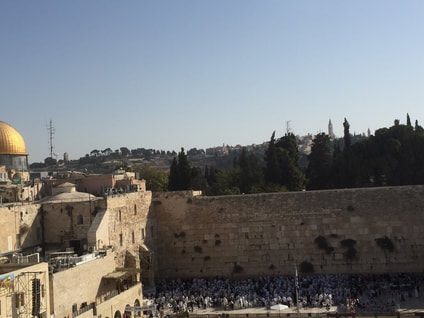By Richard Sison | 2016
0 Comments
By Richard Sison | 2016
By Richard Sison | 2016
By Richard Sison | 2015
By Richard Sison | 2015Introduction
By Richard Sison | 2015IntroductionBy Richard Sison | 2015
By Richard Sison | 2015Introduction
By Richard Sison | 2015
By Richard Sison | 2015
By Richard Sison | 2015By Richard Sison | 2015
|
AuthorBro. Richard Sison Archives
April 2019
Categories |

 RSS Feed
RSS Feed
